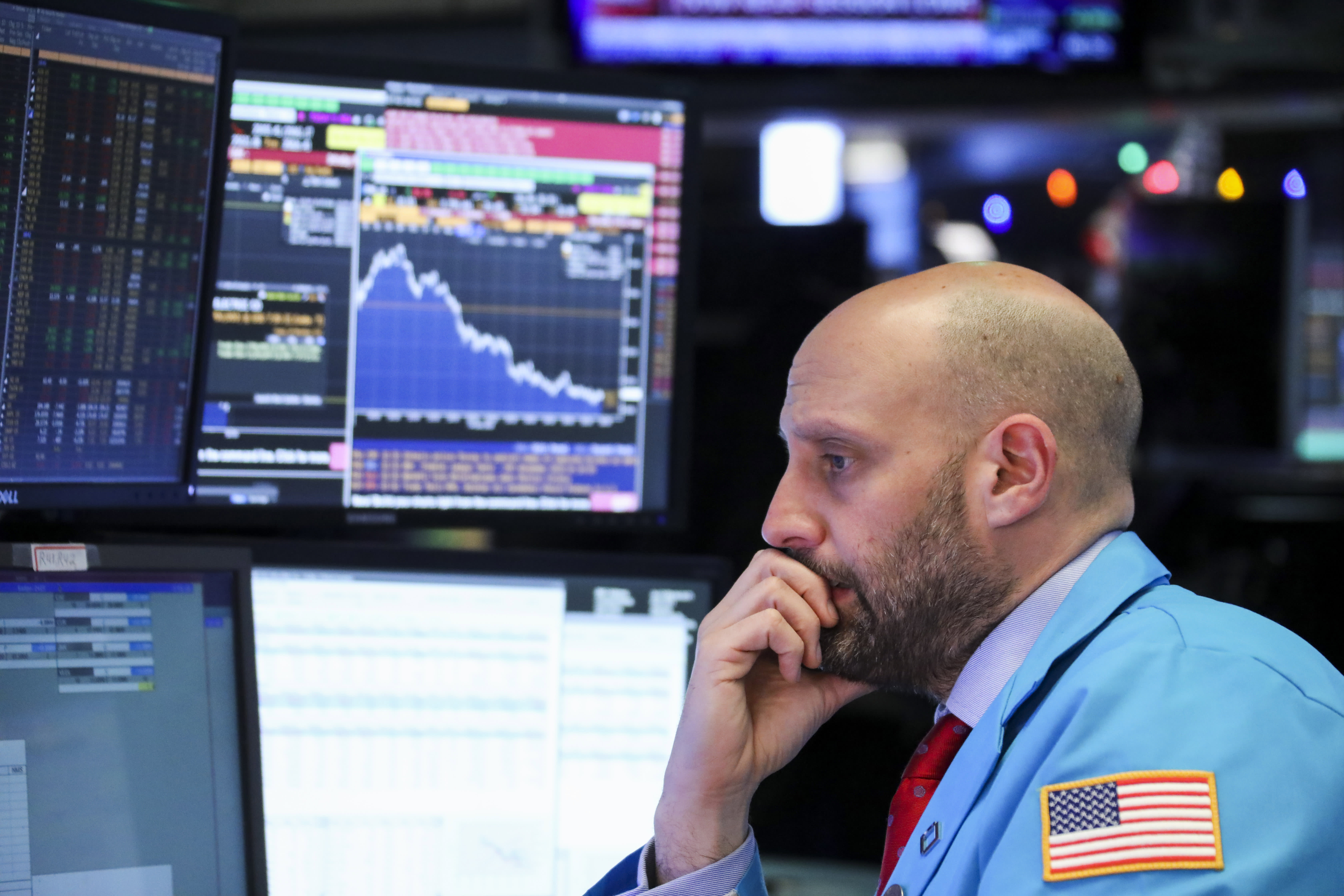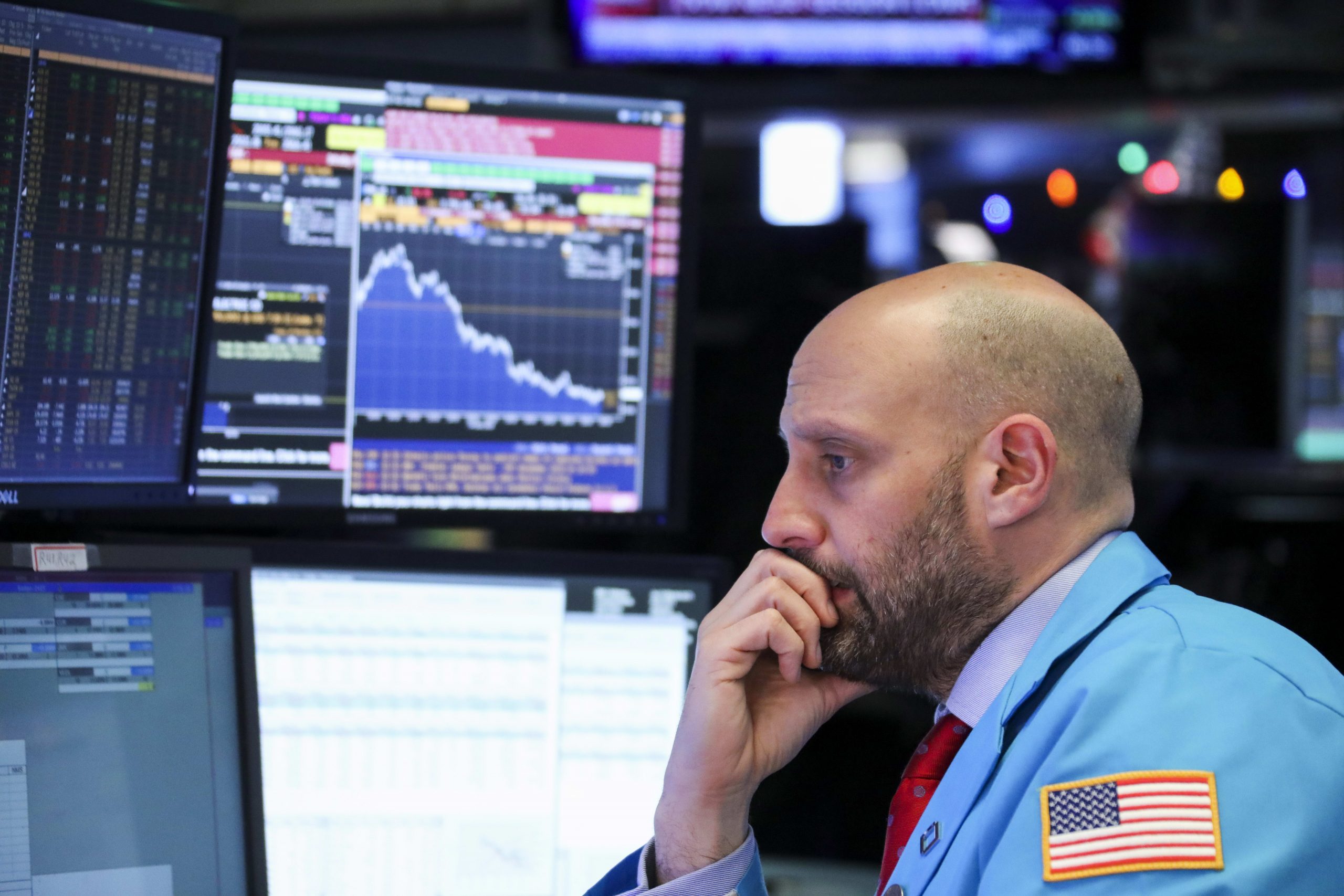
Xinhua News Agency | Xinhua News Agency | Getty Images
The latest proof of a U.S. economic slowdown is in, and this time it came from a computer analysis.
Barclays used a machine learning tool to analyze company managements’ commentary on capital expenditures during earnings calls. The result revealed a weaker corporate sentiment, where companies are likely to trim investments in new or upgraded plant and equipment in the face of escalated trade tensions.
“We believe that capex growth is likely to stay subdued based on a framework that forecasts capex using a Natural Language Processing model of management sentiment toward capital expenditure expressed during earnings calls,” Maneesh Deshpande, Barclay’s head of equity derivatives strategy said in a note on Tuesday.
Barclays said this Natural Language Processing model has “significant predictive power” for capex growth for the next four quarters and history showed CEO’s sentiment on company capex is as informative as macro leading indicators in evaluating the health of the economy.
“Capex growth slowdown is more significant for stocks exposed to high international sales and U.S.-China trade war,” Deshpande said.”This lends credence to the view that trade tensions and the broader non-U.S. economic slowdown are weighing on U.S. corporate sentiment.”
Tariff-sensitive sectors including tech and consumer discretionary saw a decline in capex year over year, Barclays pointed out.
The bank expects zero capex growth for the next two quarters and a modest rebound in the middle of 2020. Corporate America has been ramping up share buybacks in recent years partly due to the 2017 tax overhaul.
The recent economic data also painted a gloomy picture of the economy. Consumer confidence fell sharply in September, while the manufacturing sector contracted for the first time in 35 months in August, according to the Institute for Supply Management.
Join to ourTrading at home group


 Signal2forex.com - Best Forex robots and signals
Signal2forex.com - Best Forex robots and signals




